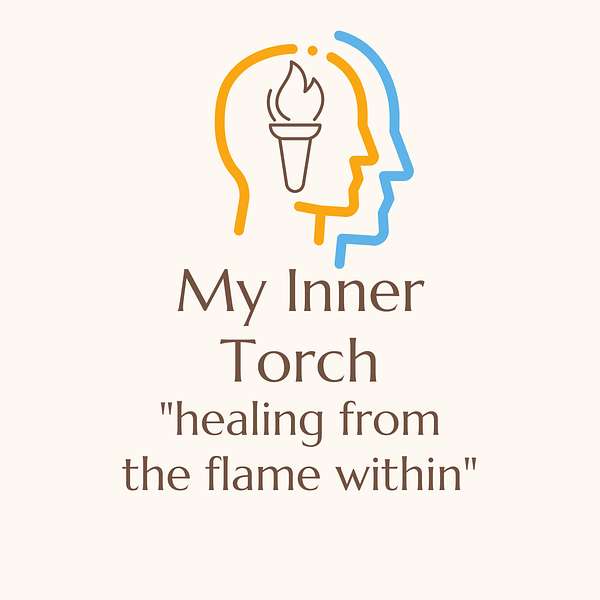
My Inner Torch
My Inner Torch offers direct and personal insight with help for those of us in a relationship with someone who is undiagnosed/diagnosed with a Cluster B Personality Disorder. This is a safe place to come for words of inspiration that draw from my personal experiences and is produced to gain understanding and to find direction as we navigate through the often difficult relationships with those we love who suffer with a Cluster B personality disorder that includes BPD and NPD. PLEASE NOTE: This podcast is NOT for those who suffer with these disorders. This podcast is for survivors of these challenging and difficult relationships.
My Inner Torch
My Secret Fantasy
🎯 Key Takeaways
Core Points:
- I recognize the difference between the idealized fantasy of a relationship with a Cluster B personality and the harsh reality of abuse.
- I understand that the initial “love bombing” phase is a manipulative tactic, not genuine affection.
- I accept that the person I fell in love with likely never truly existed. This is crucial for my healing journey.
- I’m breaking the trauma bond by journaling abuse, creating contrast lists, and addressing my childhood wounds.
- I’m setting non-negotiables for future relationships; defining behaviors I will no longer tolerate.
- I’m reclaiming my identity and self-love to heal and move forward.
🔍 Summary
Fantasy vs. Reality in Cluster B Relationships
In this deeply personal exploration, I share my experience with the disconnect between the idealized fantasy and the painful reality of my relationship with a Cluster B personality. I now understand that the initial “love bombing” phase was a carefully constructed illusion designed to trap me emotionally. The charm and idealized image I initially saw was nothing more than bait, intentionally created to hook me. I now see that this initial persona was not genuine; it was a mask, a role designed for manipulation. The subsequent devaluation phase cruelly exposed this deception.
Trauma Bonds and False Hope
Once the mask dropped, I found myself craving the initial high, leading to a traumatic bond. This cycle of intermittent reinforcement—small glimpses of kindness—kept me hooked. I was constantly chasing the idealized person, desperately hoping for a return to the initial fantasy. Through my healing journey, I’ve learned the importance of accepting the painful truth: the idealized person I thought I knew never truly existed.
Letting Go of False Hope
I’ve developed strategies for breaking free. Radical acceptance has been key—accepting that my abuser is who they are and will not change. Journaling about the abuse helps me counter nostalgic feelings, while creating contrast lists visually illustrates the deception. I’m also addressing my underlying childhood wounds and establishing non-negotiable boundaries for future relationships. Reclaiming my identity and fostering self-love are crucial to my healing. I now understand that letting go of false hope is not weakness, but a powerful step towards healing, peace, and a real life.
I wish the same for you. Peace!